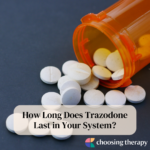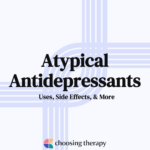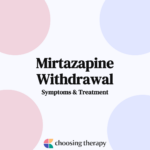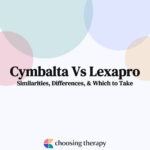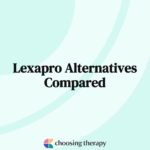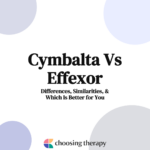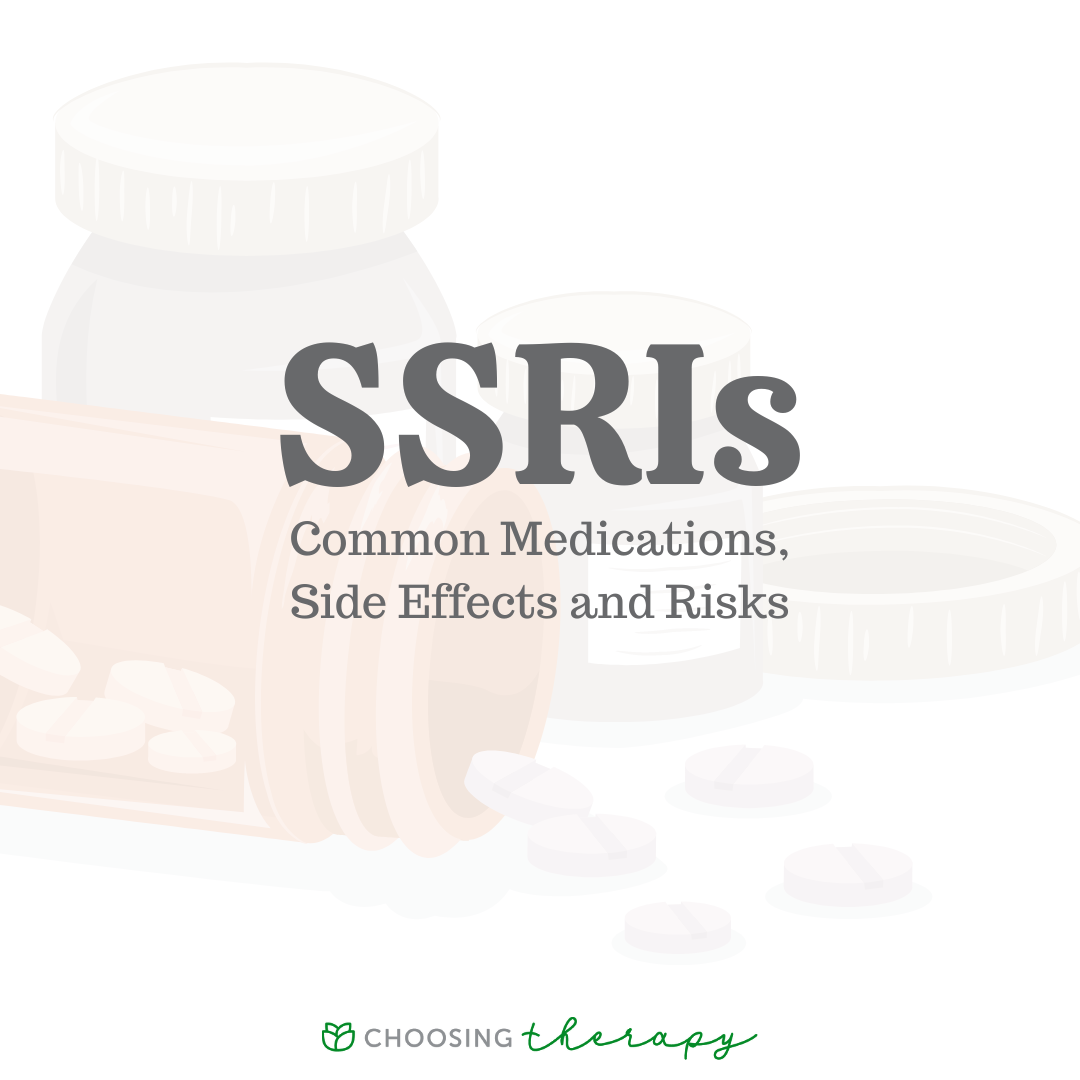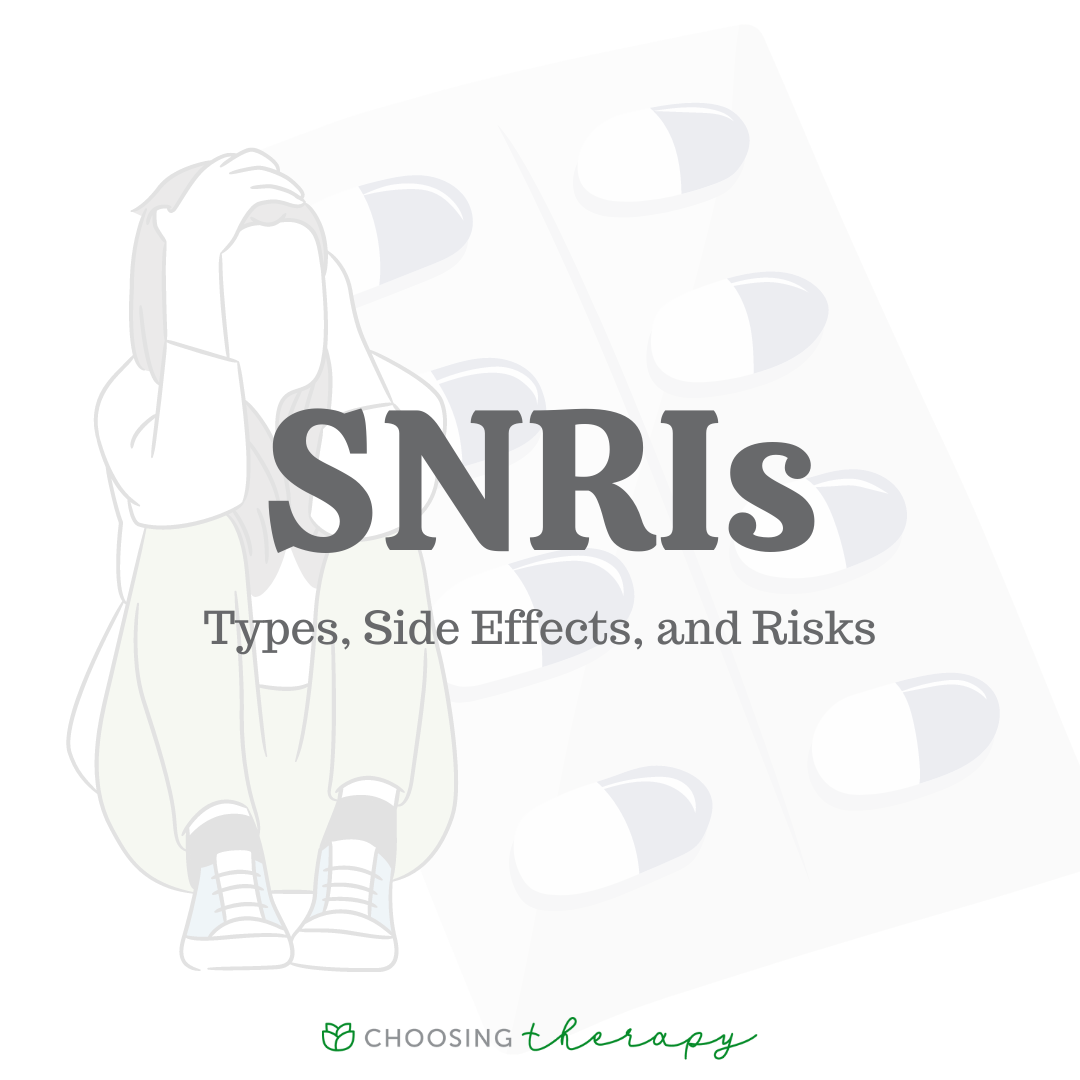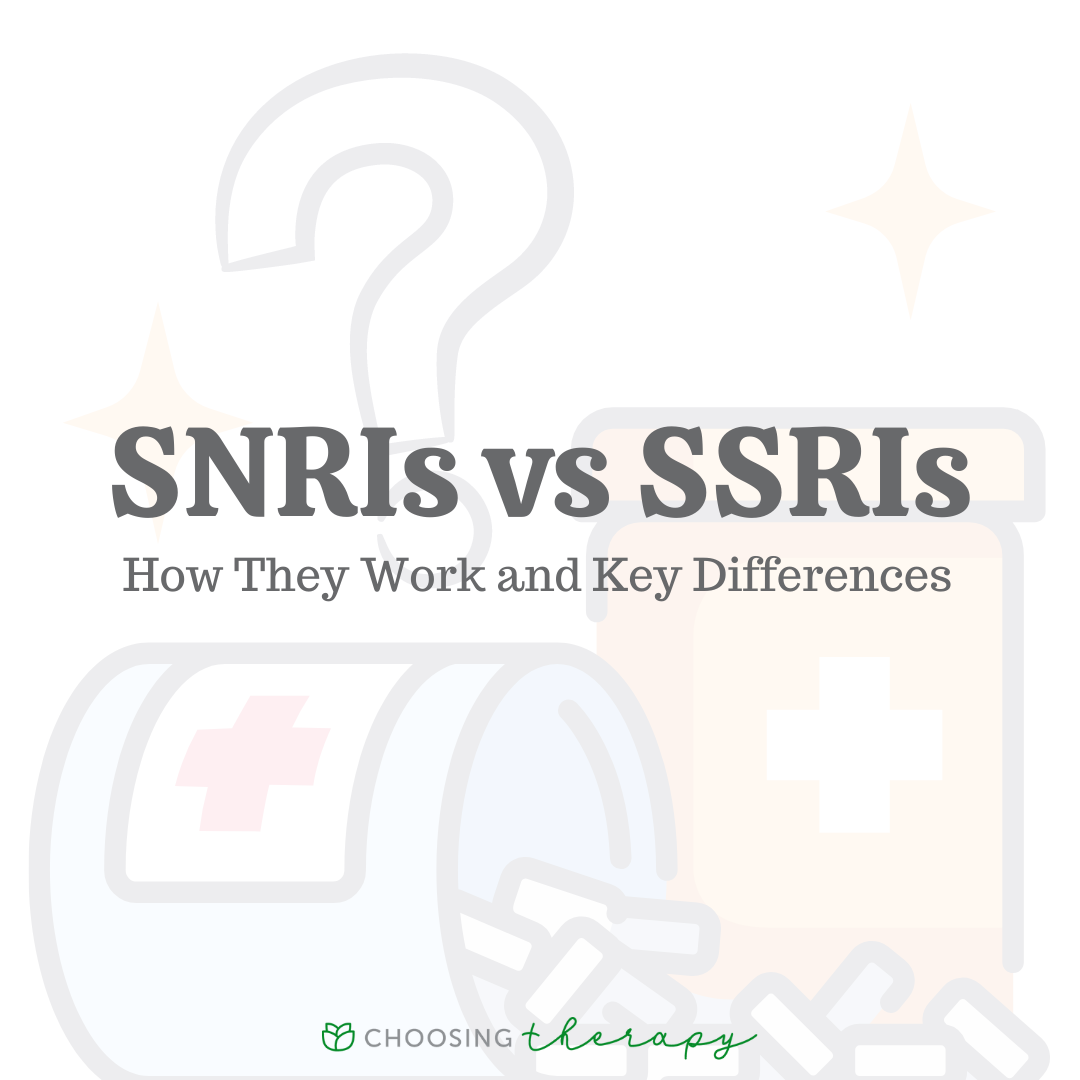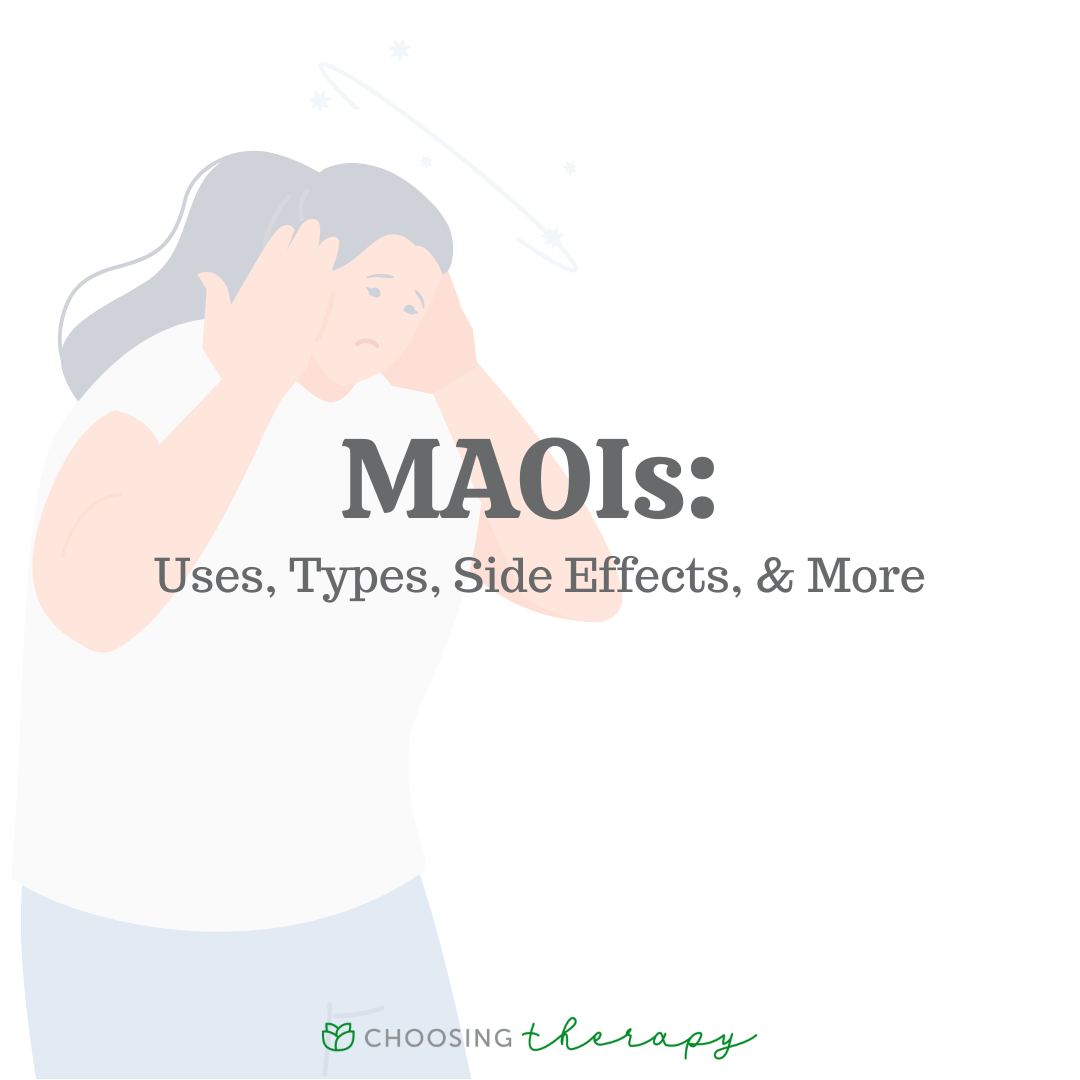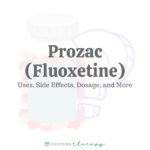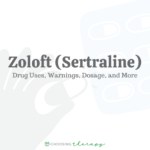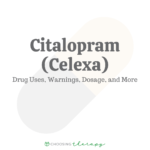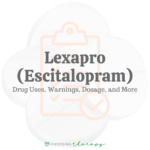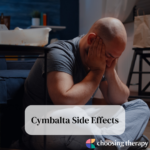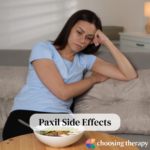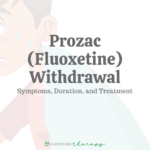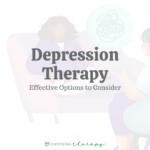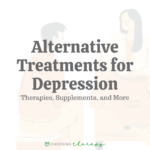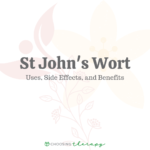
Learn More About Depression Medication
Depression is a common mental health condition characterized by symptoms that interfere with a person’s ability to function, such as sadness, fatigue, and low motivation. Antidepressants are medications that target certain brain chemicals related to depression, which may help reduce symptoms, especially when combined with therapy. Below you’ll find a list of articles that will help you learn about depression medication in general, as well as specific antidepressants and their side effects. Before you begin a new medication, it’s important that you have a thorough explanation from your prescriber about your dosage and any potential side effects you may experience.
Featured Depression Medication Articles
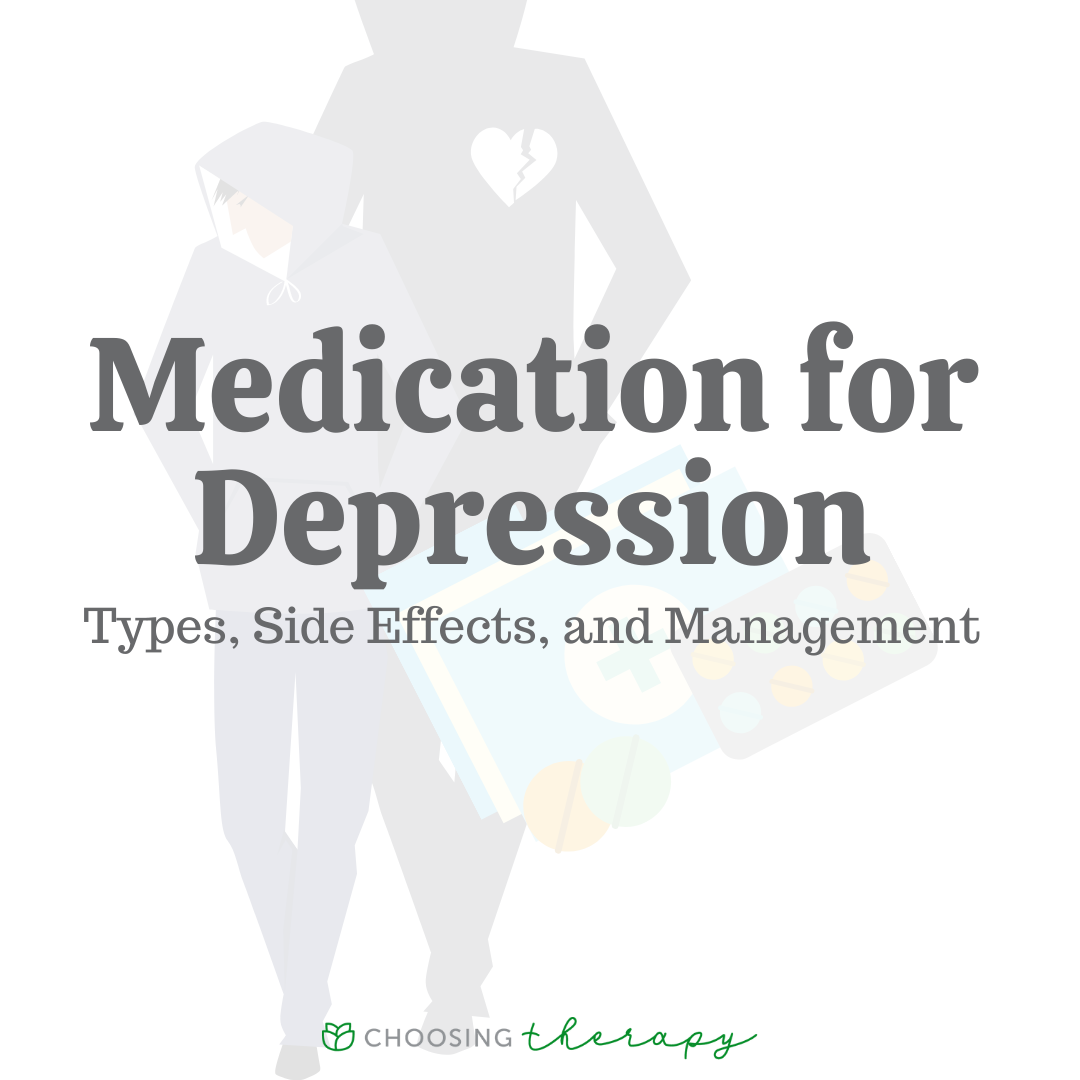
Medication for Depression: Types, Side Effects, and Management
Depression medication can be helpful in reducing symptoms, especially when combined with therapy. The decision to start a new medication should always be made in collaboration with a doctor or other medical professional who can help you weigh the risks and benefits of taking an antidepressant.
by: Hailey Shafir, LCMHCS, LPCS, LCAS, CCS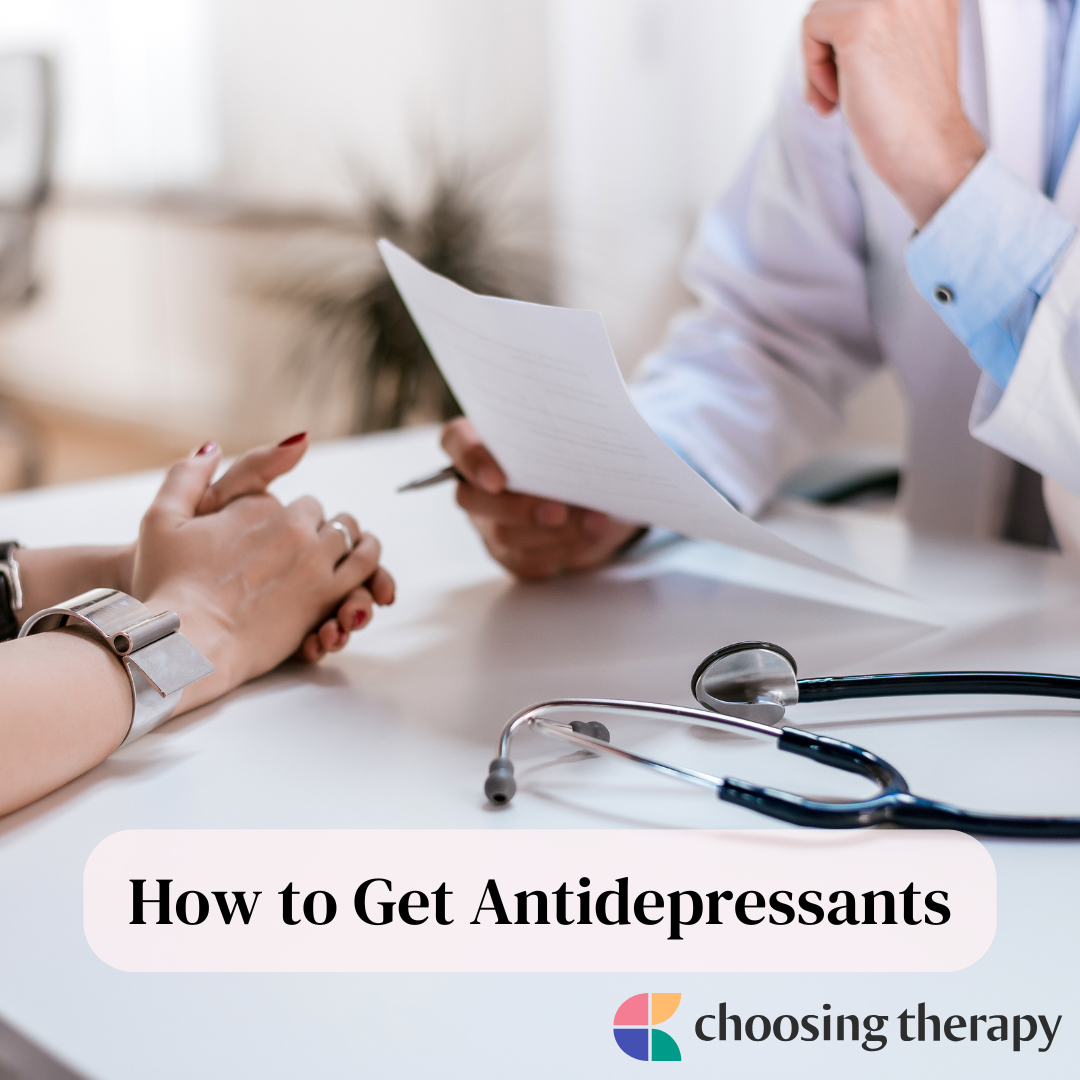
How to Get Antidepressants: Everything You Need to Know
If someone is interested in antidepressants, it is important to discuss their concerns with a licensed prescriber, like their doctor or a psychiatrist.
by: Eric Patterson, LPCCommon Types of Depression Medications

Other Commonly Prescribed Depression Medications
What Are the Types of Antidepressants?
SSRIs are a class of medications that work by decreasing the reuptake or reabsorption of serotonin to increase concentration in the brain.
SNRIs work by affecting serotonin and norepinephrine in the brain. For some, these medications may help regulate mood and relieve depression symptoms.
Tricyclic antidepressants work on multiple receptors in the brain, resulting in increased levels of both norepinephrine and serotonin.
MAOIs work by blocking a particular enzyme responsible for clearing out excess serotonin, norepinephrine, and dopamine from the brain to help improve deficiencies associated with depressive symptoms.

Depression Medication Side Effects

Alternatives to Depression Medications
Read more About Depression Medication
